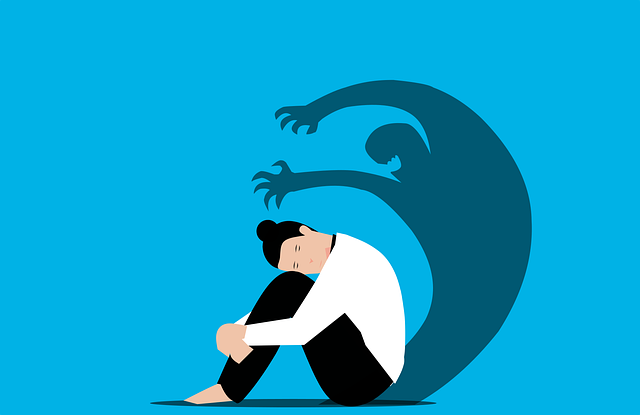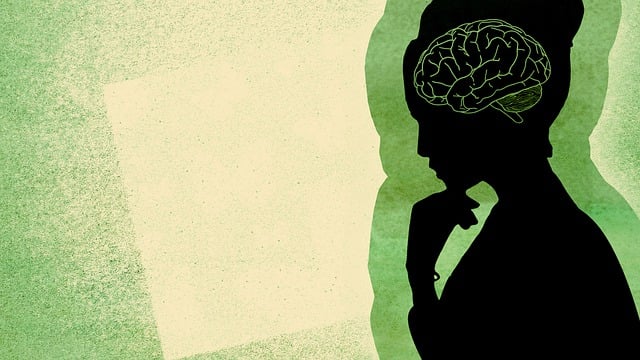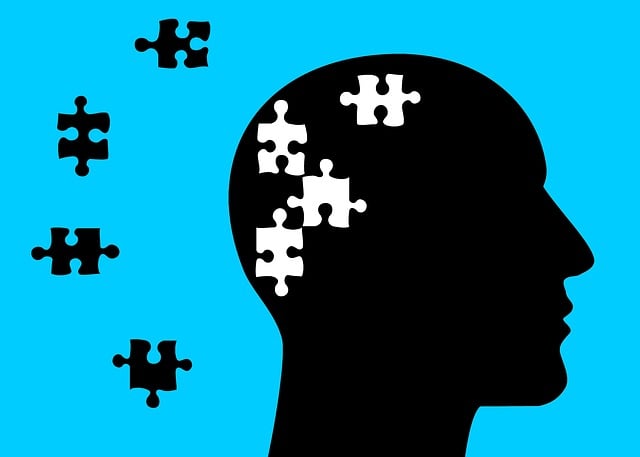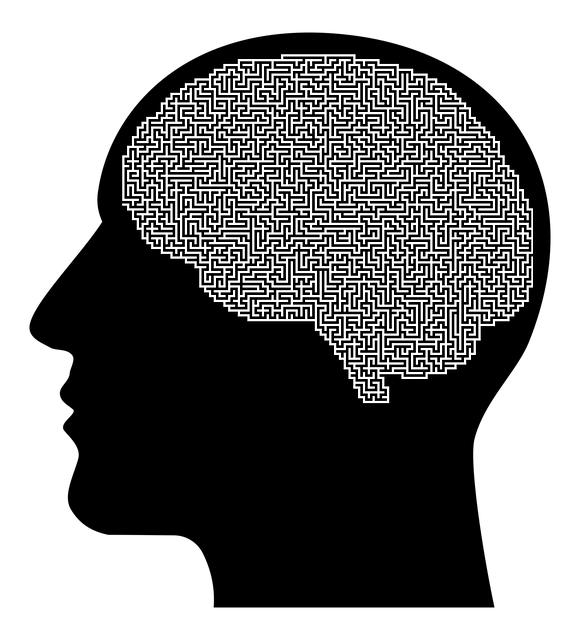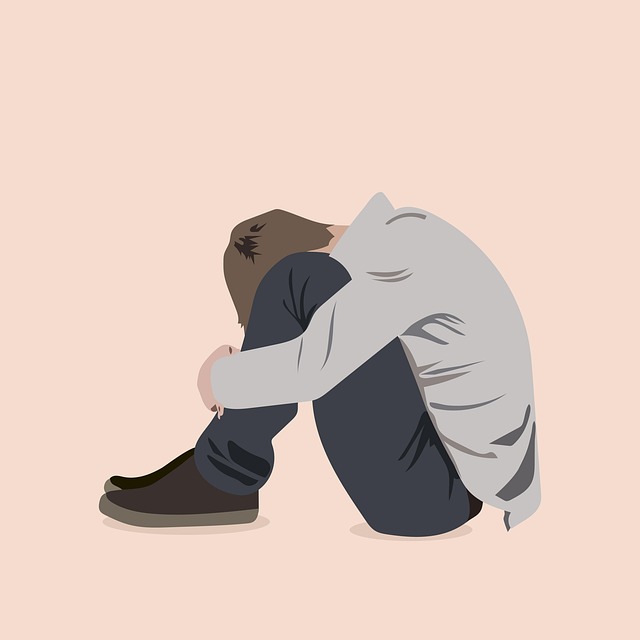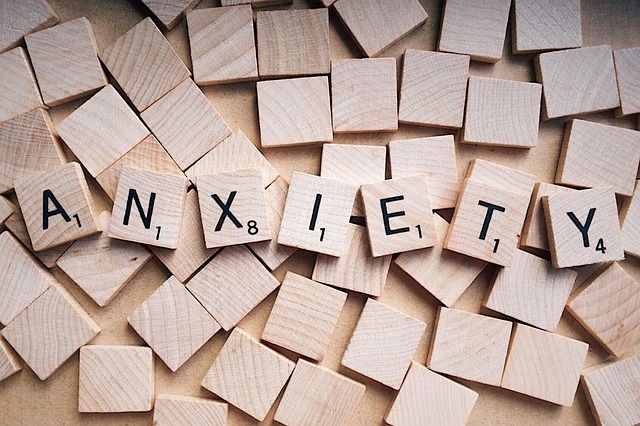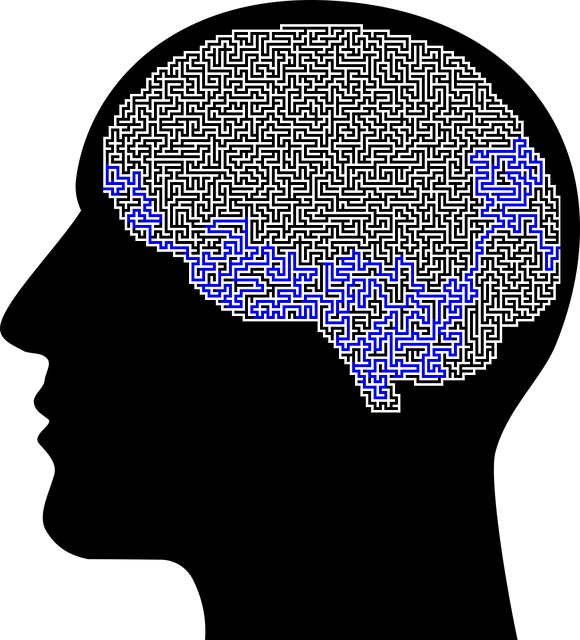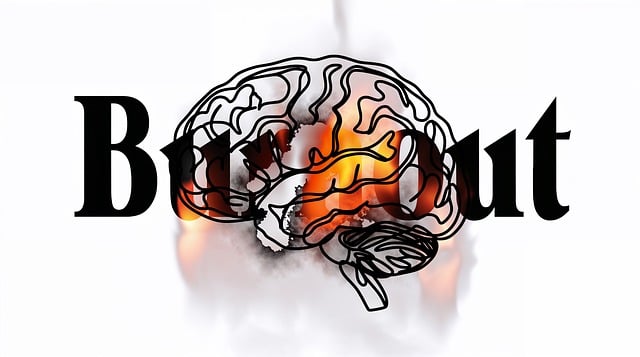The pervasive stigma surrounding mental illness, including alcohol abuse, acts as a significant barrier for individuals seeking help. This negative perception arises from misinformation, fear, and personal biases, leading to discrimination and isolation. Breaking down these barriers requires multi-faceted strategies like Littleton Alcohol Abuse Therapy integrated into public awareness campaigns, mental wellness coaching programs, and training for mental health professionals. Such approaches challenge stereotypes, promote empathy, and provide comprehensive care for interconnected issues of mental illness and substance abuse, ultimately reducing societal stigma.
Mental illness stigma remains a significant barrier to treatment and recovery. This article explores efforts to reduce this pervasive social construct, focusing on understanding its root causes and providing effective strategies for change. We delve into the specific role that alcohol abuse therapy plays in overcoming mental health stigma, highlighting how specialized treatment in Littleton Alcohol Abuse Therapy can foster understanding, empathy, and support for those facing these challenges.
- Understanding the Stigma Surrounding Mental Illness
- Strategies for Effective Stigma Reduction
- The Role of Alcohol Abuse Therapy in Overcoming Stigma
Understanding the Stigma Surrounding Mental Illness

Stigma surrounding mental illness is a pervasive issue that often prevents individuals from seeking help and support. This negative perception can stem from misinformation, fear, or personal biases, leading to discrimination and isolation. In many cases, people struggling with mental health challenges are met with judgment instead of empathy, hindering their ability to access the treatment they need. For instance, issues like Littleton Alcohol Abuse Therapy are often stigmatized, making it harder for those dealing with substance abuse to reach out for assistance.
Understanding and challenging this stigma is a crucial step towards fostering mental wellness. Effective communication strategies and stress reduction methods can play a significant role in breaking down these barriers. Encouraging open dialogue, sharing personal stories, and providing educational resources can help dispel myths and create a more supportive environment. Additionally, engaging in activities like Mental Wellness Journaling Exercise Guidance can offer individuals a safe space to express their experiences, fostering self-awareness and reducing the impact of stigma.
Strategies for Effective Stigma Reduction

Stigma reduction efforts require a multi-faceted approach to effectively change societal perceptions and promote mental wellness. One key strategy is Littleton Alcohol Abuse Therapy integration into public awareness campaigns, as alcohol abuse often co-occurs with other mental health conditions. By presenting holistic treatment options, these campaigns can challenge stereotypes and show the complexity of mental illness.
Additionally, Mental Wellness Coaching Programs Development plays a crucial role in empowering individuals to share their stories and educate others. Personal narratives are powerful tools that can humanize mental illness, foster empathy, and encourage support. Moreover, training Risk Assessment for Mental Health Professionals is essential to ensure they have the skills to navigate stigma-related challenges and provide compassionate care.
The Role of Alcohol Abuse Therapy in Overcoming Stigma

Mental illness stigma reduction is a multifaceted effort, and one significant component involves addressing substance abuse issues like alcohol dependency. Littleton Alcohol Abuse Therapy plays a pivotal role in this process by providing specialized treatment for individuals struggling with alcoholism. This therapy goes beyond mere detoxification; it focuses on uncovering and addressing the root causes of excessive drinking, often intertwined with mental health concerns. By integrating evidence-based practices, therapists facilitate self-awareness exercises that help clients understand their emotional triggers, leading to better coping mechanisms.
Through individual and group sessions, Littleton Alcohol Abuse Therapy offers a supportive environment where individuals can begin to dispel myths and misperceptions about mental illness and substance abuse. This process involves not just overcoming alcohol dependence but also fostering anxiety relief and promoting healthier risk management planning for mental health professionals. By combining therapy with education, these programs empower individuals to navigate their mental health journeys more confidently, thereby reducing the societal stigma that often surrounds these conditions.
Mental illness stigma reduction is a multifaceted effort that requires understanding, empathy, and proactive strategies. By shedding light on the misconceptions surrounding mental health issues, we can foster an environment where individuals feel supported rather than judged. Strategies like open dialogue, education, and access to resources play a pivotal role in this process. Additionally, Littleton Alcohol Abuse Therapy highlights the importance of targeted interventions, demonstrating that addressing co-occurring disorders can significantly contribute to stigma reduction and overall well-being. Through collective efforts, we can create a more inclusive society where mental illness is met with compassion and understanding.
